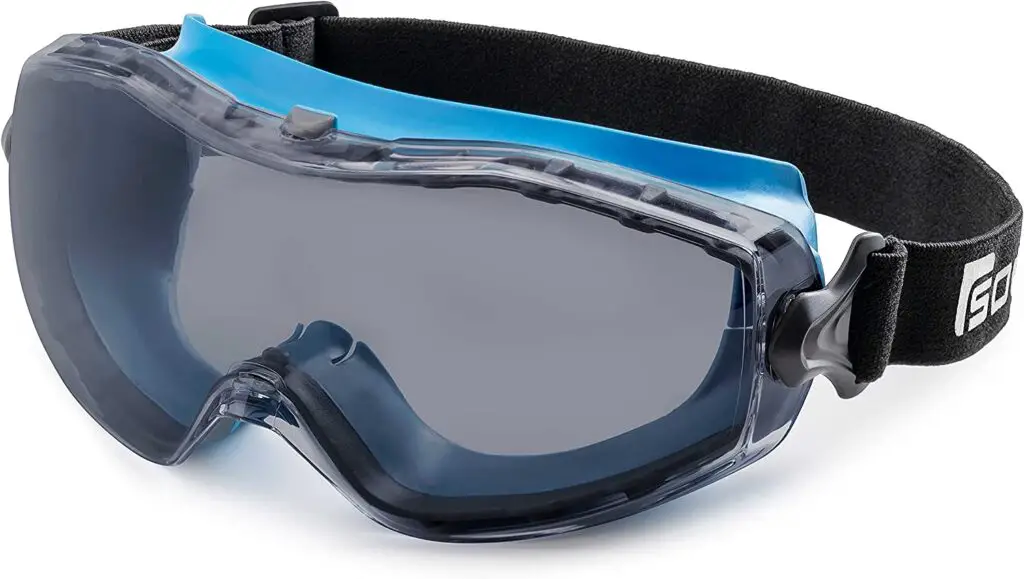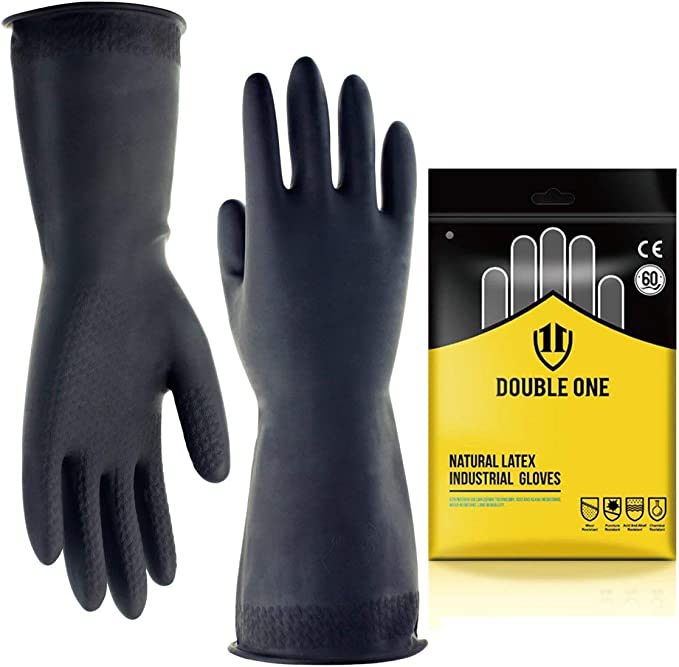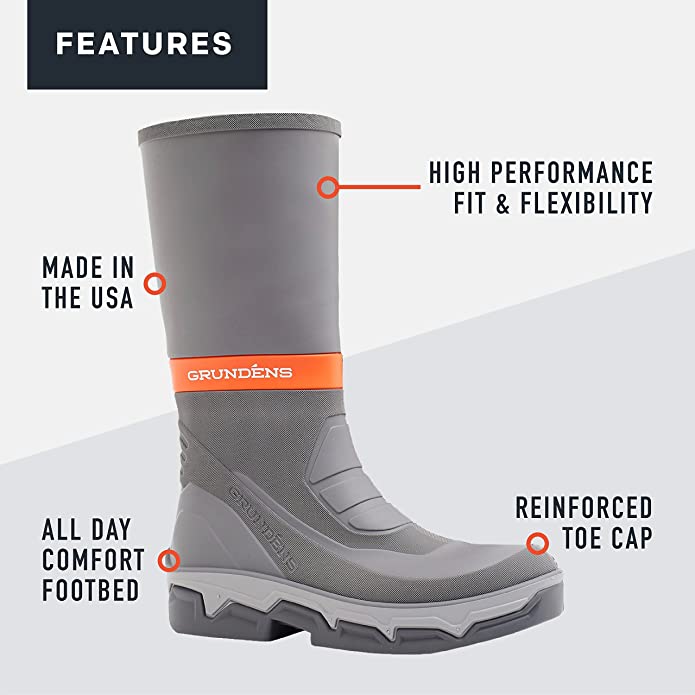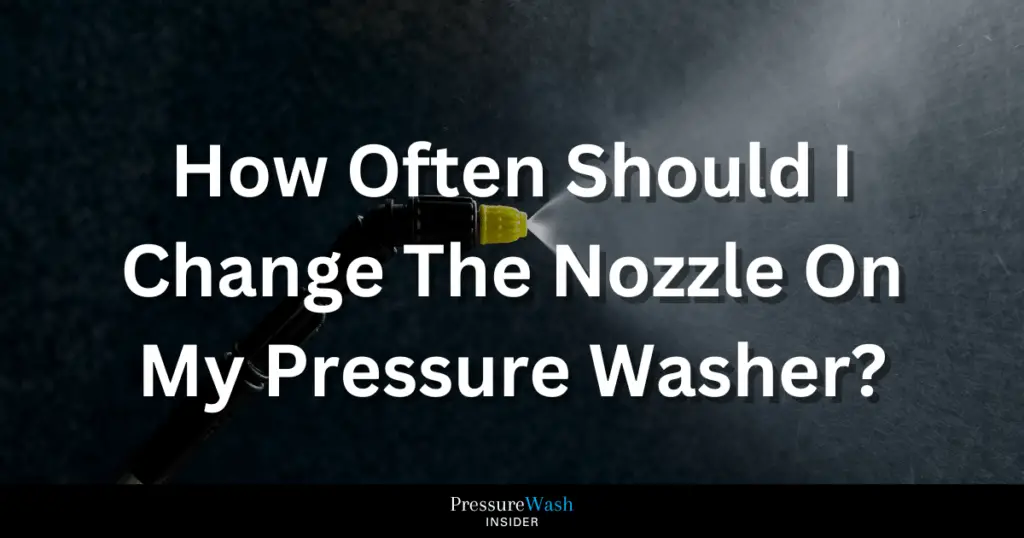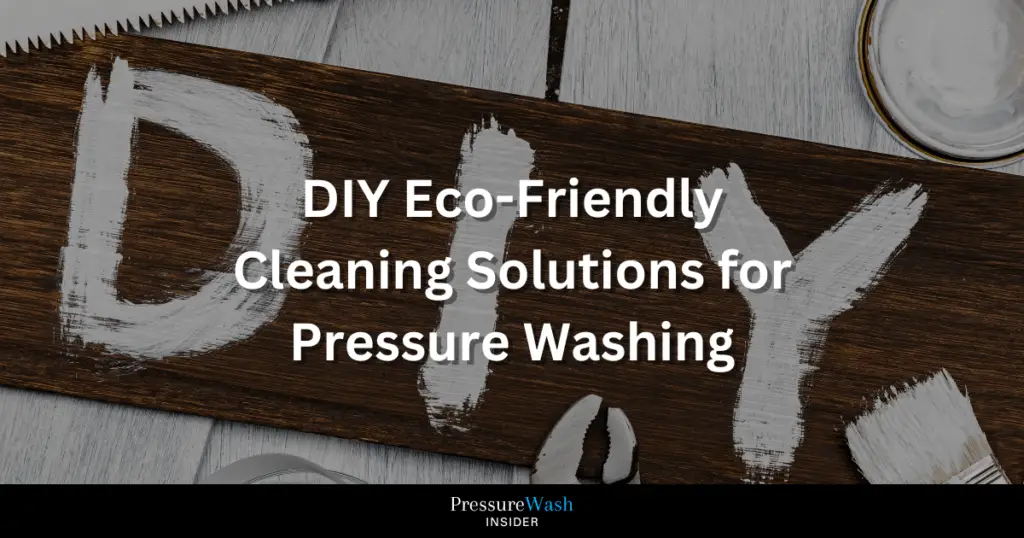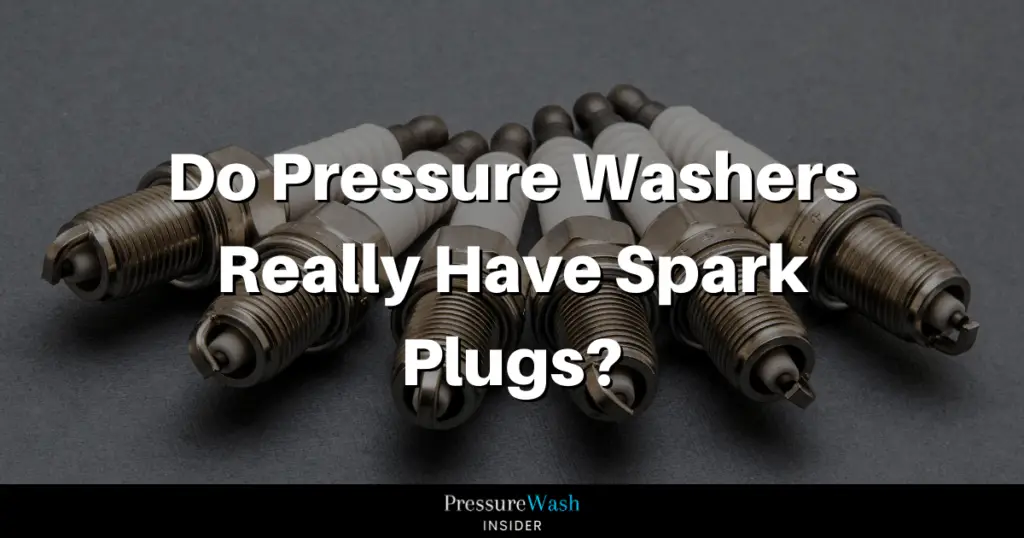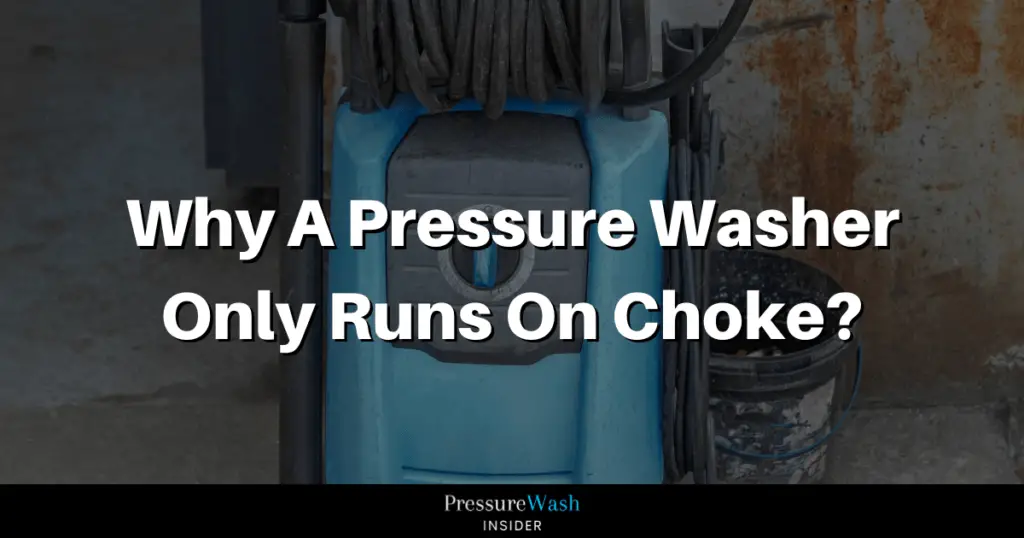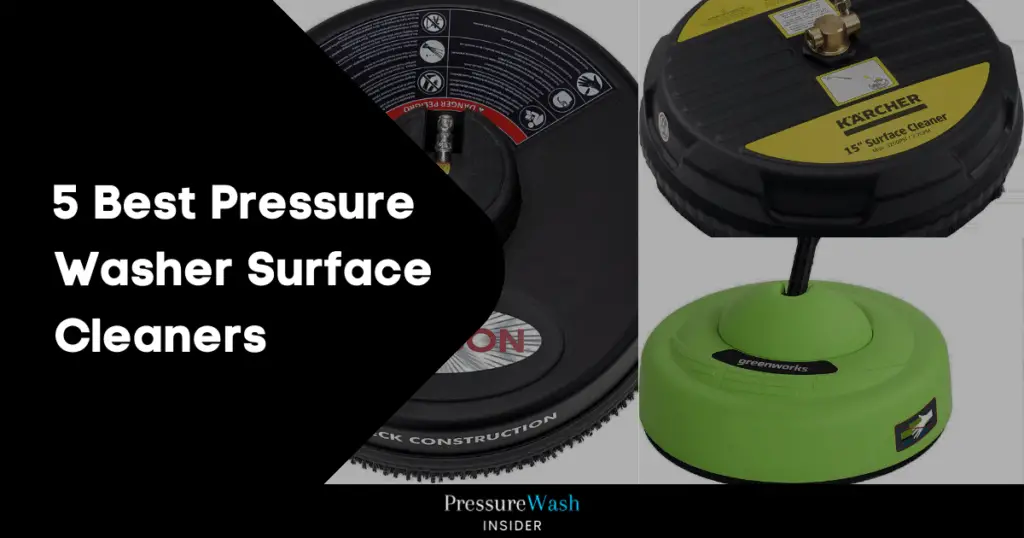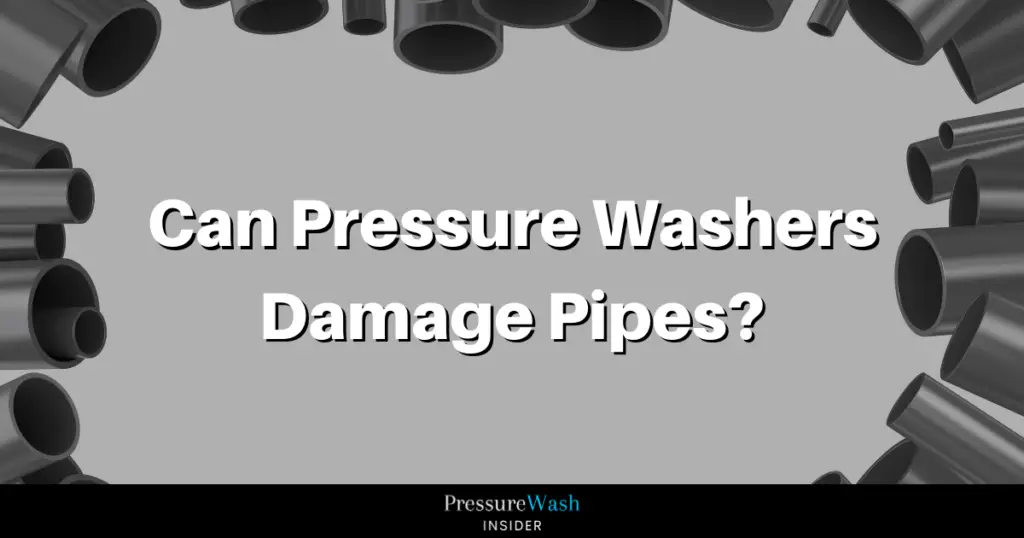Have you ever wondered: Can a pressure washer cut your skin? It may sound like a bizarre question, but it’s a valid concern for those who have witnessed the sheer power of these cleaning machines.
Pressure washers are undoubtedly powerful tools that can actually cut your skin. A pressure washer is not a joke, it can cause serious harm to you like bruises, cuts, abrasions, etc.
Whether you’re a homeowner considering purchasing a pressure washer or simply curious about the potential risks involved, this article will provide you with the answers you need to stay informed and safe.
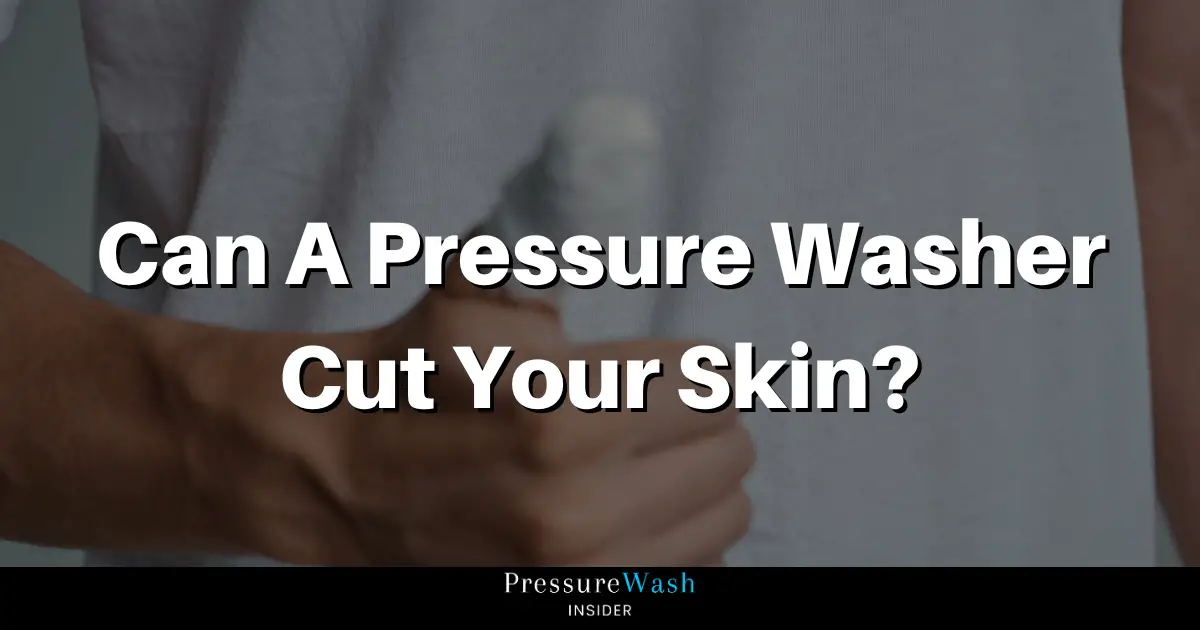
How Pressure Washers Work
Let’s first comprehend how these devices operate. Power washers and pressure washers are tools that use water under high pressure to clean a variety of surfaces. Most of the time, they are made up of a motor or engine that drives a pump that pressurises the water. After that, the water is ejected at a high rate through a nozzle, enabling it to wash away dirt, grime, and other debris from surfaces.
The power of a pressure washer is measured in two key metrics: PSI (pounds per square inch) and GPM (gallons per minute). PSI refers to the amount of pressure the water exerts, while GPM indicates the volume of water that flows through the machine. Together, these two measurements determine the cleaning effectiveness of a pressure washer.
Can A Pressure Washer Cut Your Skin?
Now, let’s address the burning question: can a pressure washer actually cut your skin? The answer is yes, it can. The high-pressure streams of water produced by a pressure washer have the potential to slice through skin and cause serious harm. However, it’s essential to note that the likelihood of this happening depends on the specific circumstances and the precautions taken by the user.
Depending on variables like the distance from the nozzle, the angle at which the water hits the skin, and the machine’s pressure setting, a different amount of force is needed to cut through the skin. In general, the risk of cutting increases with nozzle proximity to the skin and pressure setting. To avoid any potential injuries, it’s essential to be aware of a pressure washer’s limitations and use caution.
Potential Dangers of Pressure Washers
While pressure washers can be highly effective cleaning tools, they also come with inherent risks. The forceful streams of water that pressure washers produce can cause serious injuries if not handled properly.
One of the primary dangers is the potential for cutting or lacerating the skin. The high pressure and velocity of the water can penetrate the skin and cause deep tissue damage, similar to the way a knife would if used improperly.
Pressure washers can cut, but they can also result in other wounds like bruises, abrasions, and even broken bones. Falls and fractures can occur as a result of being knocked off balance by the force of the water.
Additionally, there is a chance of impact injuries due to how quickly debris and loose objects can be propelled by water spray. In order to prevent these potential risks, it’s crucial to understand that pressure washers are not toys and should be used with caution.
For more information on pressure washer safety, you can visit the CDC’s website.
Understanding the PSI and GPM of Pressure Washers
To better comprehend the risks associated with pressure washers, it’s necessary to understand the PSI and GPM ratings. PSI measures the force or pressure of the water, while GPM represents the volume or flow rate. These two measurements work together to determine the intensity and effectiveness of the pressure washer.
Higher PSI ratings indicate greater force, which can increase the risk of cutting or injuring the skin. Similarly, higher GPM ratings mean a larger volume of water flowing through the machine, which can also contribute to the potential danger. It’s important to choose a pressure washer with appropriate PSI and GPM ratings for the intended application and to always follow the manufacturer’s guidelines for safe use to significantly reduce the risk of injuries and ensure a safe pressure washing experience.
Protective Gear For Using a Pressure Washer
As mentioned earlier, wearing appropriate protective gear is essential when using a pressure washer. Here are some key items to consider:
- Safety goggles: Protect your eyes from potential debris, water splashes, and chemicals by wearing safety goggles or glasses. Ensure they fit properly and provide adequate coverage.
- Gloves: Choose gloves that offer good grip and protection against cuts, abrasions, and chemicals. Nitrile or neoprene gloves are commonly used for pressure washing due to their durability and resistance to water and chemicals.
- Closed-toe shoes: Opt for sturdy, closed-toe shoes that provide ample foot protection. Avoid sandals, flip-flops, or any footwear that leaves your toes exposed.
- Protective clothing: Wear long-sleeved shirts and pants made from durable materials to protect your skin from potential cuts, abrasions, or chemical contact. Avoid loose-fitting clothing that can get caught in the pressure washer.
Investing in proper protective gear is crucial for your safety when using a pressure washer. Don’t compromise on these items, as they can make a significant difference in preventing injuries.
Conclusion
Pressure washers are undoubtedly powerful machines capable of tackling a wide range of cleaning tasks. However, their forceful streams of water can pose a danger if not used responsibly. While a pressure washer can cut your skin, the likelihood of this happening depends on various factors such as the pressure setting, distance from the nozzle, and angle of the water spray.
By understanding the risks involved, following safety precautions, and wearing appropriate protective gear, you can minimize the chances of injury and enjoy the benefits of pressure washing. If you have sensitive surfaces or prefer to avoid the potential risks altogether, consider alternative cleaning methods that are gentler and safer.
With the right knowledge and precautions, you can harness the power of a pressure washer while keeping yourself and others safe. So, go ahead and tackle those tough cleaning jobs, but always prioritize safety first.
How Often Should You Replace the Nozzle on Your Pressure Washer?
As a proud owner of a pressure washer, you understand the importance of regular maintenance…
DIY Eco-Friendly Cleaning Solutions for Pressure Washing
In today’s world, where environmental consciousness is on the rise, finding eco-friendly alternatives to everyday…
Do Pressure Washers Really Have Spark Plugs?
Pressure washers are powerful tools that use high-pressure water to clean various surfaces. They are…
Why A Pressure Washer Only Runs On Choke?
As a seasoned pressure washer user, I have come across various issues that can be…
5 Best Pressure Washer Surface Cleaners: Keeping Your Surfaces Gleaming Clean!
Welcome to the ultimate guide on the best pressure washer surface cleaners! If you’re tired…
Can Pressure Washers Damage Pipes?
I have always been concerned about keeping my house looking clean and well-maintained. One of…

